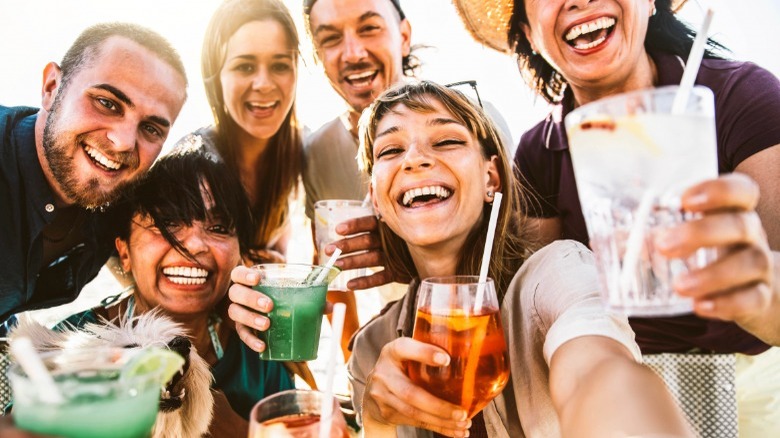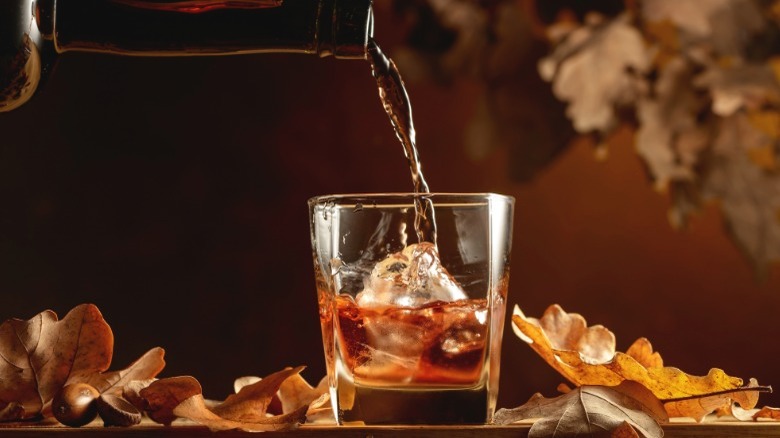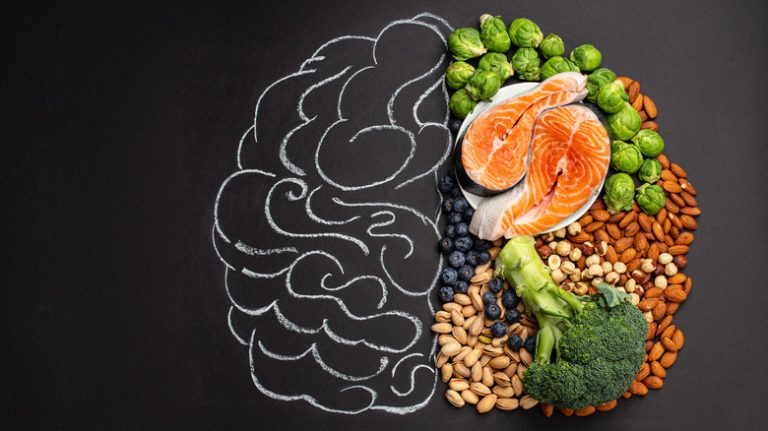Some 29.5 million Americans 12 and older experience alcohol use disorder (AUD), or alcoholism, according to National Survey on Drug Use and Health (NSDUH) data. That’s roughly 13% of the roughly 219 million Americans who have reported consuming alcohol during their lifetime (per National Institute on Alcohol Abuse and Alcoholism).
AUD is a medical condition that impacts the brain and is associated with alcohol dependence, addiction, or abuse. It can develop rapidly or evolve over time and can range from mild to severe. AUD leads to many adverse health consequences that can include brain damage, depression, and various types of cancers, among other issues. AUD can also lead to impairment to the extent that those impacted risk their own safety and the safety of others. DUIs, accidental drownings, car accidents, assaults, and homicides are just some of the consequences that can result from alcohol abuse. Alcohol-related issues can also often weave their way into one’s personal life, leading to work challenges and money issues, as well as impacting relationships, according to Cleveland Clinic.
There is no test that confirms AUD; however, doctors will typically make a diagnosis when conversations with a patient suggest that alcohol is having a negative impact on that patient’s life.
Though researchers are still trying to understand what leads to alcohol abuse, many experts agree that it is the result of multiple factors. For instance, a traumatic experience combined with a family history of alcohol abuse and mental health issues can make someone more predisposed to frequent alcohol consumption and becoming addicted.
Some scientists, however, suggest that synthetic alcohol might be able to put an end to this problem.
Is synthetic alcohol the answer to alcoholism?

The experts at the rehabilitation center White Sands Treatment explain that alcohol consumption has been around for ages. Our ancestors eventually learned how to cultivate and harvest grapes around 6,000 B.C., leading to the invention of alcoholic beverages. Historic documents reveal that consuming alcohol to the point of excess occurred during the days of ancient Greece as early as 1,500 B.C. Abuse increased in the centuries since, as alcoholic beverages became more widely available. Alcohol remains one of the most powerful substances causing addiction.
But is there a way to prevent the serious downsides that can come from the overconsumption of alcohol? Some believe the answer may be in creating an alternative through plant extracts. To that end, recently launched startups have been tinkering with botanicals to come up with a synthetic version of alcohol that not only eliminates the hangover that can accompany overconsumption but that also comes with potential health benefits, according to TIME. For instance, U.K.-based start-up GALA Labs launched the botanical spirit Sentia, a synthetic alcohol product that causes tipsiness that maxes out after two glasses. The company is now looking towards developing synthetic alcohol that mimics the pleasurable effects of alcohol without leading to dependency.
However, Patricia Powell, deputy director of the U.S. National Institute on Alcohol Abuse and Alcoholism tells TIME that while fake alcohol is a compelling approach to provide an alcohol-like experience that doesn’t lead to addiction, there are currently more questions than answers.
What we currently know about synthetic alcohol

According to synthetic alcohol inventor David Nutt, a London-based neuropsychopharmacology expert, gamma-aminobutyric acid (GABA) receptors in our brain cause feelings of sedation by blocking signals from nerve cells. When we consume alcohol, the alcohol targets these receptors and binds to them, delivering the same relaxing sensation. Nutt’s goal was to form a molecule that interacts with GABA receptors in a way that produces the same sedating effects as normal alcohol without the negative aspects, per BBC Science Focus.
Nutt told Vice that traditional alcohol is society’s most damaging drug that has arguably impacted everyone either directly or by association, whether they or someone they know has been drunk, developed a serious disease, or died from alcohol abuse. This dilemma is what drove Nutt to invent a non-toxic version of alcohol that provides people with the positive, relaxing effects of alcohol, but without the downsides. The work his team is doing continues to undergo rigorous testing. However, in the meantime, the beverage industry is keeping an eye on Nutt’s alcohol-alternative approach, as these new alcohol-free beverages may appeal to drinkers who simply want the pleasurable effects of alcohol, rather than a boozy night out.
While Sentia and Nutt’s other synthetic products may ultimately be safer than traditional alcoholic beverages, the experts at ARK Behavioral Health warn that it is not yet clear how these products can affect our health system. They advise that, before trying any alcohol-alternative beverages, you should do your research and make sure they have gone through adequate testing.



